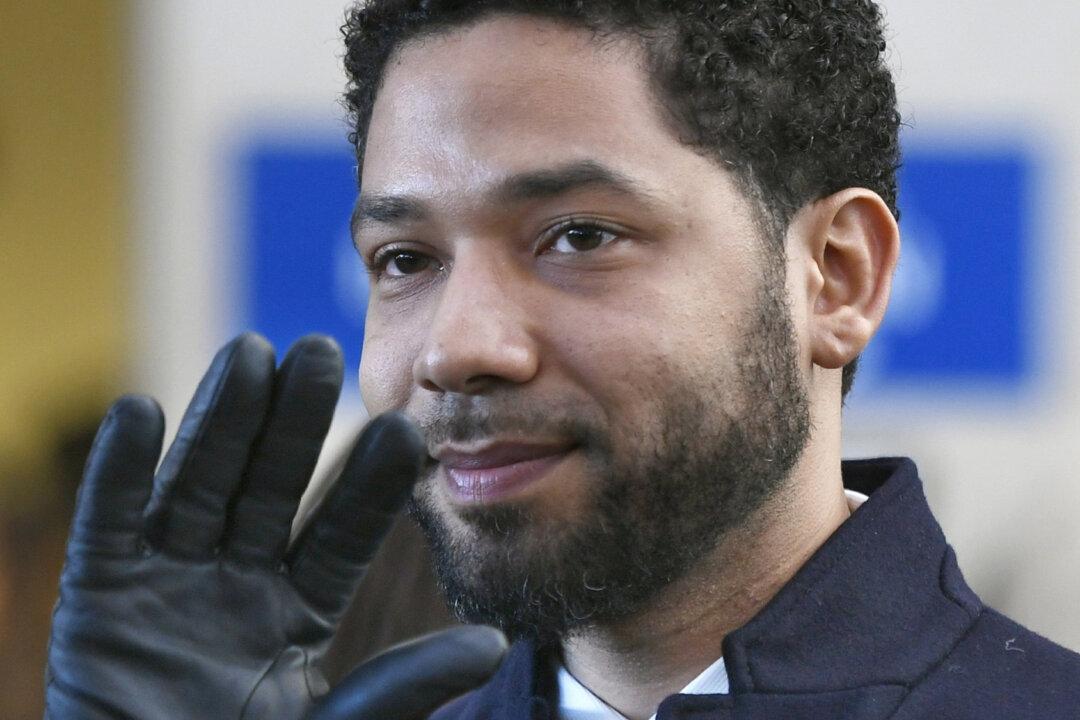CHICAGO—Chicago filed a lawsuit against Jussie Smollett on April 11 in a bid to recoup the cost of investigating a racist, anti-gay attack that authorities said was orchestrated by the “Empire” actor as a publicity stunt, with the city saying—at minimum—that it now wants triple the amount it initially asked Smollett to pay.
The 12-page civil lawsuit, filed in Cook County court, is the latest volley in a legal battle that shows no signs of abating since Smollett reported that masked men beat him up on Jan. 29 in Chicago, shouting slurs and wrapping a rope around his neck.





